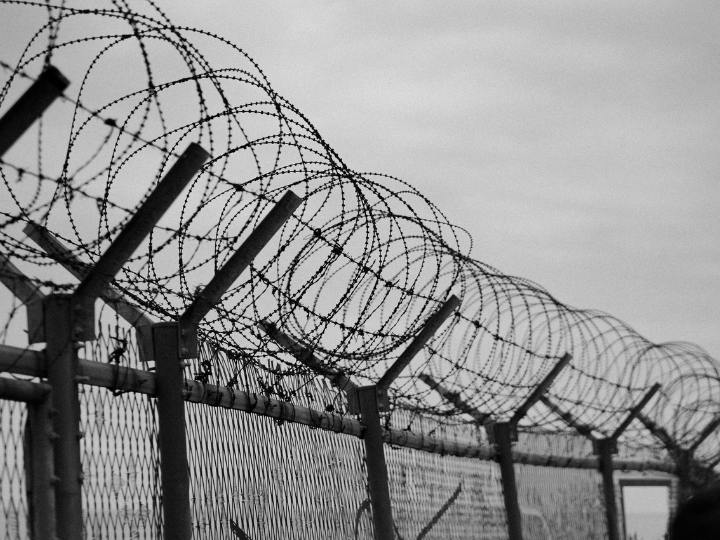by Krassen Nikolov
As the Netherlands continues to withhold its green light for Romania and Bulgaria to join Europe’s border-free zone, politicians in the Balkan countries warn that the move, perceived as unfair and discriminatory, risks feeding Euroscepticism and discord during times of instability.
Last Thursday, the Dutch parliament put a spanner in the hopes of Romania and Bulgaria becoming full Schengen members as they demanded that the two countries provide more evidence that they are also tackling corruption, citing serious problems with the functioning of border control and security risks.
But both countries, for which the latest expert mission confirmed meet all requirements for Schengen admission, are convinced that they will soon be members and, at least unofficially, hope that the Netherlands will reconsider its position, which they say has no legal basis.
“The Netherlands is now alone. All EU countries stand behind Bulgaria; this support is important and will lead to a real result,” commented Bulgarian President Rumen Radev after the meeting of the European Council on Friday, a day after the Dutch parliament adopted its resolution.
Meanwhile, Romanian Prime Minister Nicolae Ciuca downplayed the Dutch resolution, saying it is not disturbing because Romania has done everything necessary to fulfil the technical requirements for accession.
In an interview with EURACTIV Bulgaria, Romanian MEP Vlad Gheorghe (Renew Europe) said that if the two countries remain outside Schengen again, this will lead to the rise of the extreme right in the two Balkan countries.
“I think this is going to make Europe weaker. What made Europe strong during the COVID-19 crisis and now during the war was that it remained united,” he said.
“This time, the EU is going to show exactly the opposite, and our enemies will try to use it. We have enemies. We have Putin; we have other autocratic states that want the EU to be dismantled, and they will see this as a perfect opportunity to help far-right parties in our states to grow. The extremists will be really happy,” Gheorghe added.
According to him, the Dutch are exporting their domestic politics to the EU level, which creates very unhealthy legal and political precedents for the bloc.
However, for some observers, the Dutch holdout echoes Sofia’s own thwarting of the European integration of North Macedonia over disagreements on shared language, history and minority rights. This caused uproar among EU member states and Balkan countries such as Albania, who said Bulgaria was “holding hostage”, a country that is both a European and a NATO member.
Bulgaria put its foot down and said it would only accept Macedonian accession if Skopje amended its constitution, something the ruling party does not have enough votes to enact.
In an interview with EURACTIV, Bulgarian Justice Minister Krum Zarkov admits that the Dutch can also cause anti-European feelings in Bulgaria.
“Disappointment naturally fuels Euroscepticism. Especially when it’s so obviously unfair. Europe in Bulgaria is associated with requirements to establish the rule of law, which means, among other things, to be governed by rules. Bulgaria fulfilled the requirements for Schengen and acquired the right to be part of the common travel space more than ten years ago,” commented Zarkov.
Rejecting Bulgaria and Romania once again is against the rules and creates a legitimate sense of applying a double standard, he said.
“There are not many societies, including the Bulgarian, who can calmly accept that their state fulfils all its obligations, but citizens cannot fully benefit from their rights”, he commented exclusively for EURACTIV Bulgaria.
On 18 October, the European Parliament issued its third appeal in the last four years for the rapid admission of Bulgaria and Romania into Schengen.
Meanwhile, Kremlin-friendly voices are gaining ground in Bulgaria as prolonged political instability continues to rage in Sofia, and the fifth general election in two years looks increasingly likely.
Former prime minister Boyko Borissov, in a country where nearly half the population has strong pro-Russian sentiments, is now finding it difficult to sell his anti-Putin coalition proposal as parties are concerned over his party’s poor record on corruption.
His party GERB won with just over 25% of the votes but found itself politically isolated because the deputies of two parties that would support it – DPS and “Bulgarian Rise” – are not enough to form a cabinet.
Meanwhile, the pro-Russian radical party Vazrazhdane improved its performance by coming in fourth with about 10% of the votes last month and gaining 14 extra seats to total 27 out of 240 mandates in the legislative. The party works for the withdrawal of Bulgaria from NATO and the EU.
*first published in: Euractiv.com




 By: N. Peter Kramer
By: N. Peter Kramer

